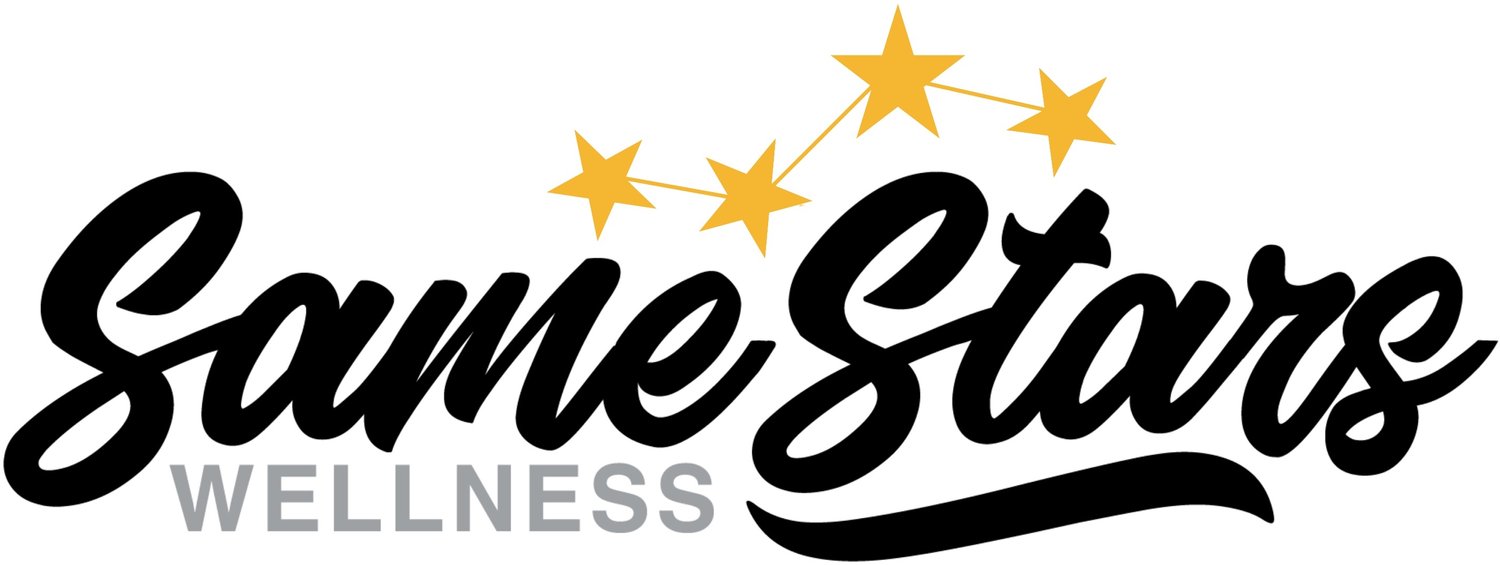The ADHD Brain and the Power of Calm
Why slowing down can make all the difference
If you’ve ever watched your child bounce between activities, lose focus mid-sentence, or struggle to settle at bedtime, you already know that ADHD is about much more than “attention.” It’s a full-body experience — one that affects movement, emotions, sleep, digestion, and more.
For kids with ADHD or ADD, their nervous system tends to run on high alert. Even small stressors can spark a big reaction. That’s why calm isn’t always easy to access — and why craniosacral therapy can help.
Craniosacral therapy (CST) is a gentle, hands-on approach that helps regulate the nervous system and create more balance in the body and brain — helping kids feel grounded, focused, and more at ease in their own skin.
ADHD and the nervous system
ADHD isn’t just about attention — it’s about regulation. Children with ADHD often have a sensitive or “always on” stress response. This means their bodies can stay in a mild state of fight-or-flight for much of the day, even when nothing is wrong.
That chronic activation makes it hard to:
Focus on tasks or conversations
Sit still without fidgeting
Fall asleep or stay asleep
Manage frustration or big emotions
Over time, this can lead to fatigue, irritability, and sensory overload — all of which can make it even harder for kids to engage in the activities and relationships they love.
How craniosacral therapy supports regulation
Craniosacral therapy focuses on the body’s central nervous system — the brain and spinal cord — using light, sustained touch. It helps release restrictions that may be affecting how the nervous system processes information and stress.
For kids with ADHD, this can help the body “downshift” into a calmer state. Over time, CST can support:
Improved body awareness: Kids begin to recognize what calm feels like
Better focus and attention: Less mental clutter and reactivity
Easier transitions: Between school, home, and bedtime
Reduced anxiety and irritability: A calmer baseline throughout the day
Many families describe their child as more centered, less reactive, and able to “stay with themselves” a little longer before big emotions take over.
How it fits into your child’s care plan
Craniosacral therapy isn’t meant to replace other supports — it complements them. It works beautifully alongside occupational therapy, counseling, physical activity, and medical care.
Because CST works directly with the body’s regulatory systems, it helps create a more receptive foundation for other therapies to take hold. When the body feels safe, the mind can learn, connect, and focus more easily.
What to expect at Same Stars Wellness
Every child’s nervous system is unique. Our practitioners tailor each appointment to meet your child exactly where they’re at — whether that means sitting, lying down, or holding a fidget toy. Treatments are gentle, quiet, and free of force or expectation.
We aim to create a space that feels safe, comfortable, and empowering — where your child can explore calm without pressure. Over time, those experiences of safety and stillness begin to ripple into everyday life.
Further Reading & Resources
CHADD Canada: ADHD in Children and Teens
ADDitude Magazine: Nervous System Regulation and ADHD
Harvard Health: The Mind-Body Connection and Calm
Reach out to Same Stars Wellness in Calgary to learn how craniosacral therapy can support your child’s focus, calm, and confidence.

